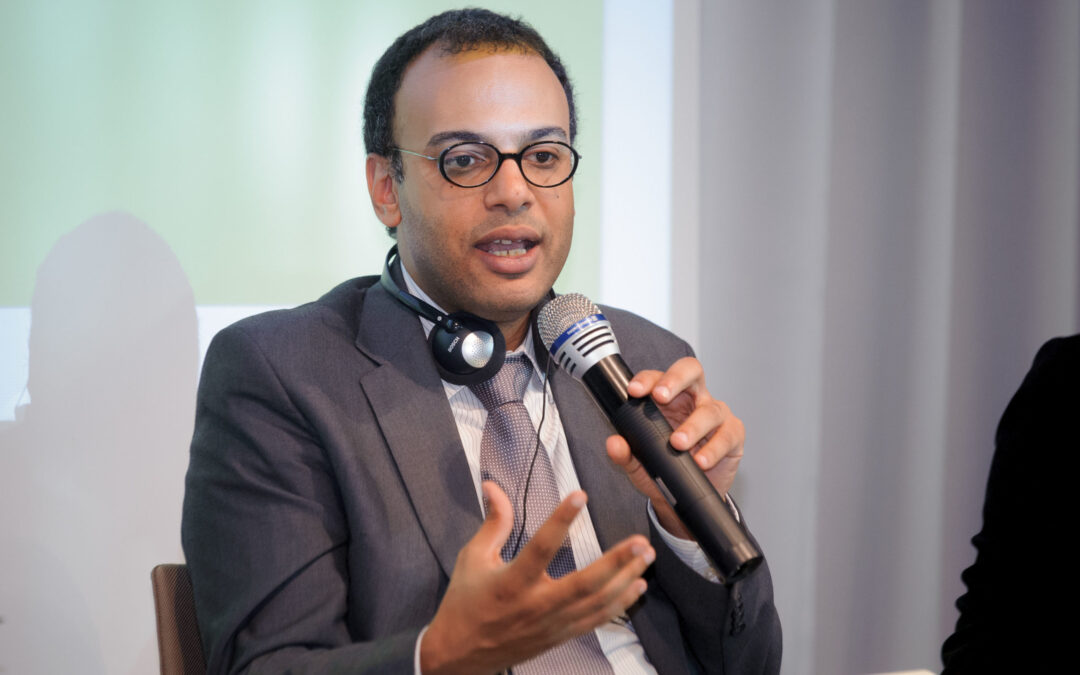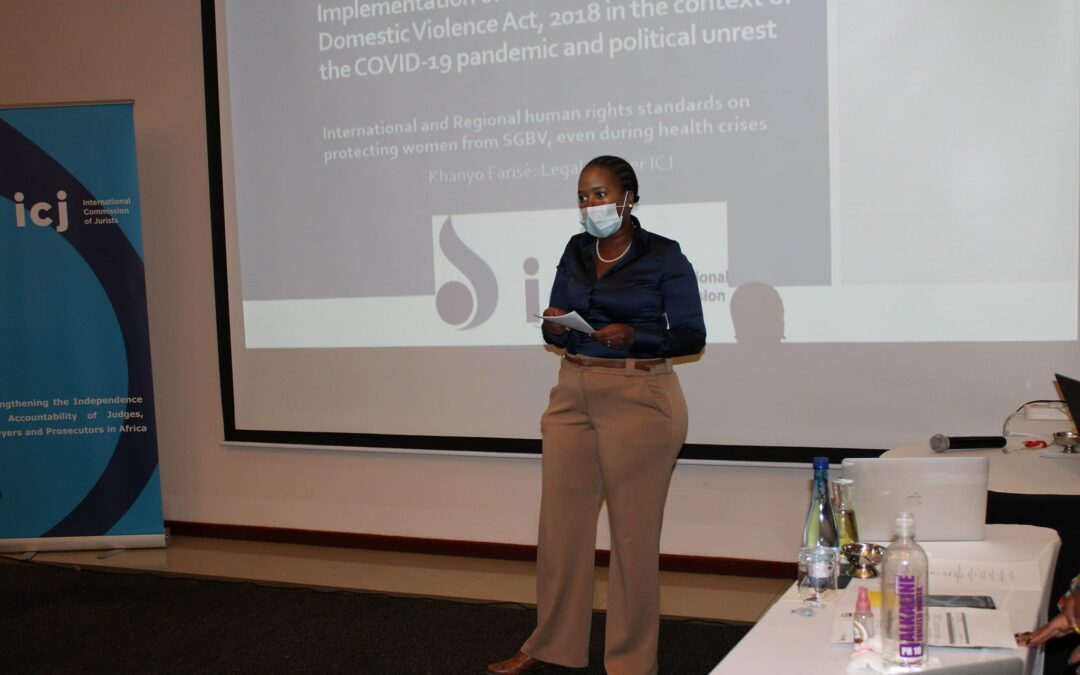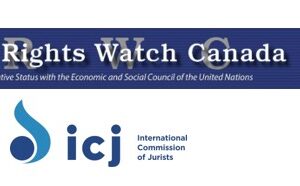
Nov 26, 2021 | Communiqués de presse
L’appel lancé par la Commission de vérité gambienne en faveur des poursuites des anciens responsables qui ont commis de graves violations des droits humains sous la présidence de Yahya Jammeh entre 1994 et 2017 doit être suivi par un processus de responsabilité pénale, ont déclaré ce jour 11 organisations gambiennes et internationales.

Nov 26, 2021 | News
The Gambian Truth Commission’s call for the prosecution of former officials who committed the worst human rights abuses during the 1994-2017 rule of former president Yahya Jammeh should be followed by a process of criminal accountability, 11 Gambian and international groups said today.

Nov 22, 2021 | News
Egyptian authorities should cease the harassment and persecution of prominent human rights defender and journalist, Hossam Bahgat, who faces abusive charges intended to punish him solely for exercising his right to freedom of expression and his human rights activism, 46 human rights organizations said today.

Nov 22, 2021 | News, Non-legal submissions
During a recent visit to Eswatini from 2 to 5 November 2021, the International Commission of Jurists (ICJ) engaged with civil society organizations, lawyers, the Swaziland Human Rights Commission and government officials on the local human rights record. The ICJ subsequently filed a submission to the ACHPR documenting its findings, and supported the drafting of a separate submission by the Foundation for Socio-Economic Justice (FSEJ) in Swaziland. These submissions draw on the ICJ’s human rights work on Eswatini over more than a decade, as well as on the FSEJ’s continued human rights advocacy and monitoring in context of the current pro-democracy protests.

Oct 26, 2021 | News, Publications, Thematic reports
The Libyan authorities should improve the protection of women’s and girls’ human rights in the Draft Constitution and ensure their full, unimpeded participation in the constitutional reform process, the International Commission of Jurists (ICJ) said in a briefing paper published today.









